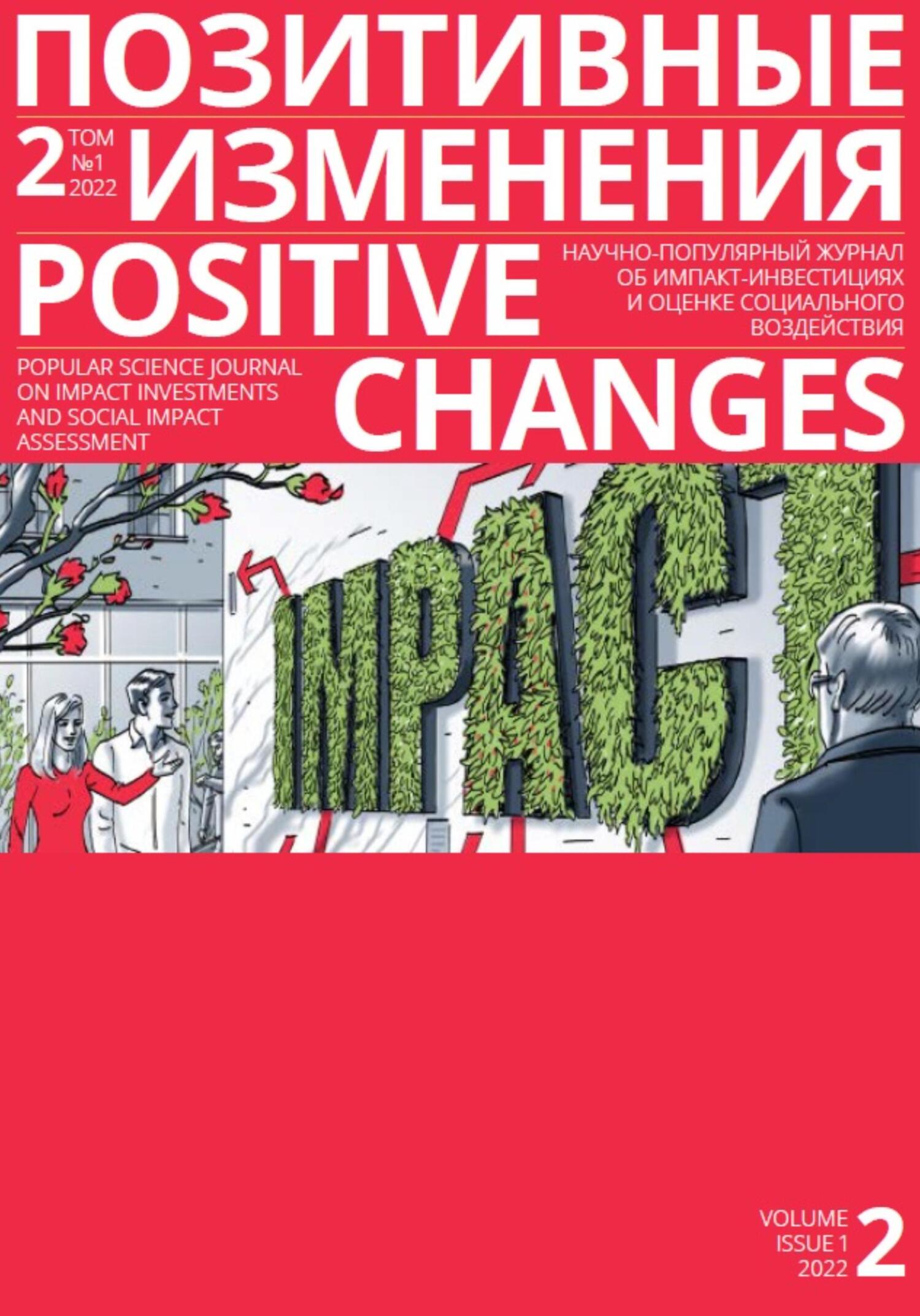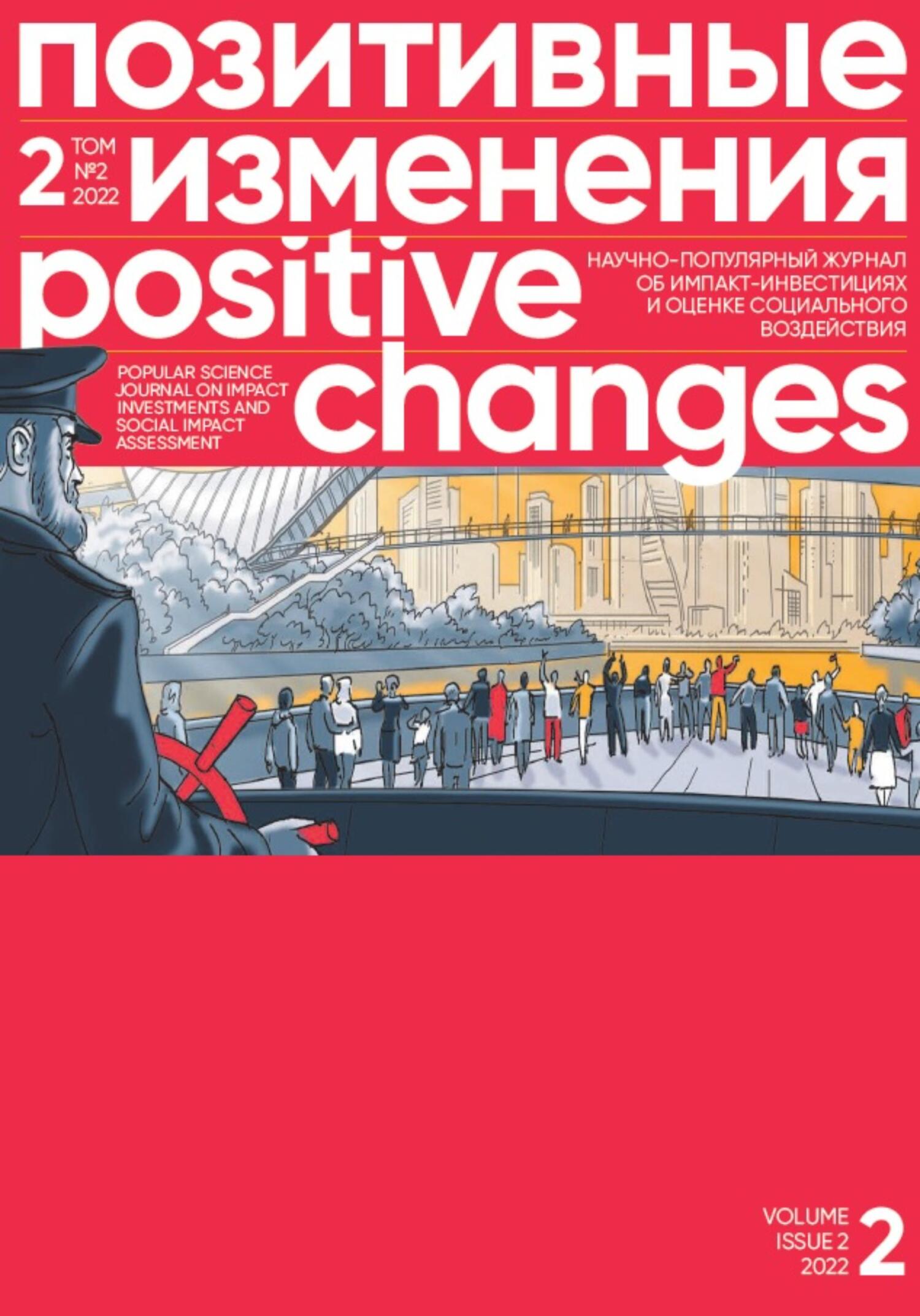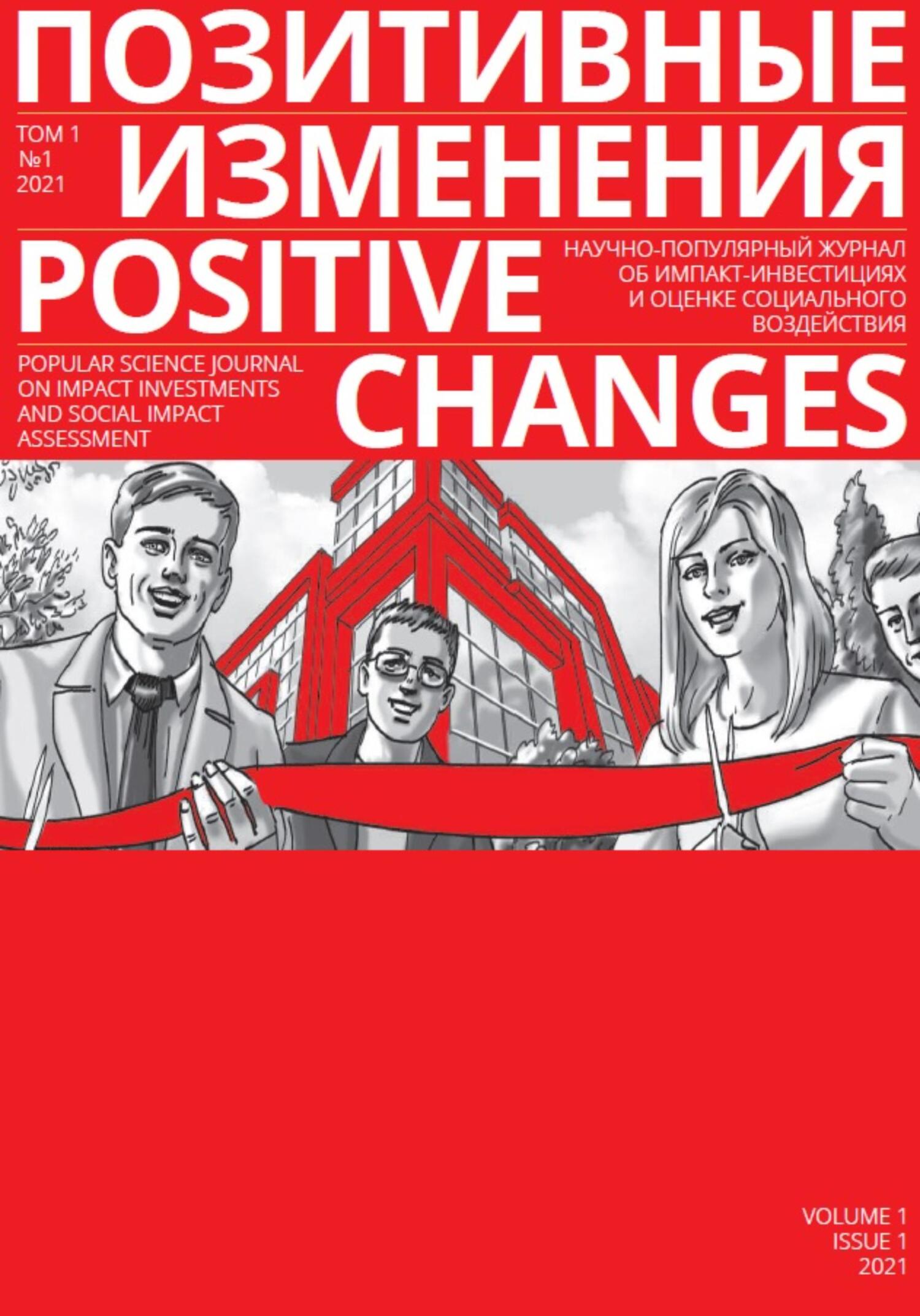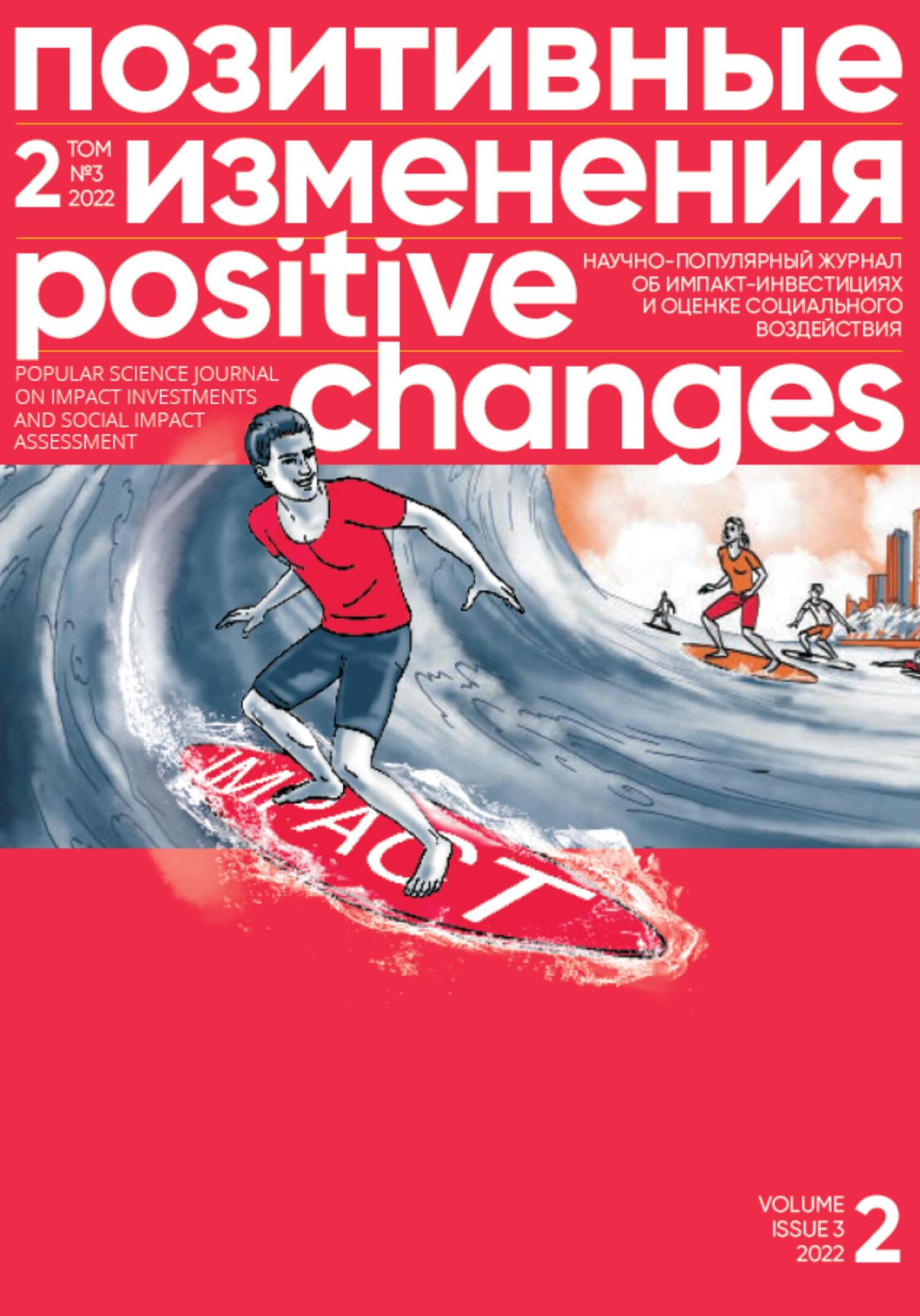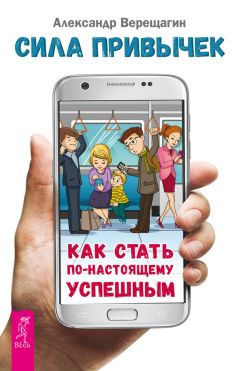to the opposite poles: "passive — active”, "kind — angry”, "unsociable — sociable”, "successful — unsuccessful”, "stupid — smart”, "peaceful — aggressive”, "sick — healthy”, "determined — undecided”, "talentless — talented”, "warm — cold”. This method was applied at all events, except for the performance.
It should be noted that the research participants were recruited from the regular audience of the” InterAction Project”, i.e. They were initially loyal to charity, NGOs and people with disabilities.
CHANGING PERCEPTIONS
Viewers of the film and performance prior to the study gave people with Down syndrome the following ratings: «active», "kind", «sociable», "warm", «peaceful» and “talented”. Respondents were also more frequently inclined to believe that people with Down syndrome are «sickly», "indecisive" and "not very intelligent". After the performance the parameter «indecisive» became less pronounced and the parameter «stupid» became more pronounced. In addition to the previously expressed qualities of «kind», "warm" and «peaceful», people with Down syndrome became more strongly associated with success. Respondents also started referring to people with Down syndrome as healthy more often and as sick less often.
Training participants strongly associated people with Down syndrome with all positive qualities. Associations with negative qualities were very weak or not expressed at all. For those who have not undergone training, the associations with negative qualities are stronger, especially often respondents characterized people with Down syndrome as "indecisive".
ATTITUDES TOWARDS PEOPLE WITH DOWN SYNDROME: BEFORE AND AFTER PARTICIPATION IN THE PROJECT
The research showed that in spite of the fact that the audience of the play, film and training is prepared — participants know quite a lot about Down's syndrome and have a very good-natured attitude to such people — the project still opens something new for them and shows people with disabilities in an unexpected way.
Participants most often described people with Down syndrome as «sunny», "wonderful", «kind» and «nice». They also emphasized that people with Down syndrome are essentially no different from other people and have the same rights and opportunities as everyone else around them. Slightly less frequently there were opinions that people with Down syndrome are very interesting, special and even have more talents than people without the diagnosis. Very rarely were there opinions that people with Down syndrome are sick, unhappy, constantly facing difficulties and injustice to themselves.
It is important to note that before watching the film or performance the audience had rather abstract, generalized ideas about people with Down syndrome. After the events, there were more responses that people with Down syndrome were very different, had potential, acting abilities, their emotions became more understandable. Here is the conclusion: by observing a person with Down syndrome in specific situations (performance) the audience becomes more interested in the life of such people and gets to know them better from a different, less stereotypical side.
44 % of respondents admitted that they became more attentive to people with Down syndrome after the performance and, in general, believe that many people's attitudes will also change after the performance.
The main revelation for the audience who watched the film "Eat an Elephant” and the performance was the extraordinary acting abilities and the palette of diverse characters and emotions shown by the mentees of the” InterAction Project” project. The behavior of people with Down syndrome on stage aroused the greatest interest in the audience, and it did not matter whether the actor was in the framework of his role or improvised. Some audience members noted that they did not always understand when an actor was acting and when he seemed to "fall out” of his role.
Despite the high praise for the acting, certain aspects of the performance seemed unsuccessful to the audience: the lighting, the sound and the story itself. Here are some of the reviews:
"That last tirade certainly killed it. Because you just take a pair of scissors and cut it out, throw it on the rubbish bin. Who does that? I thought they were going to play it up. Because if such a common to vulgar text is introduced, it's usually played up somehow. Then they introduce on purpose or something opposite to show or add something that would add new meanings to it. That wasn't there, and she talks and talks. Standing on a chair and standing".
"I liked that the performers were as honest as possible, their utmost commitment of some kind. What I didn't like, I guess, was the construction itself. The construction itself is technical, the construction of the performances. Because it is misleading".

In the discussion that followed the performance many people in the audience admitted that people with Down syndrome now seem even more sincere, open and interesting to them. The acting sparked very serious interest and strong emotions. Some of the panelists even commented that the acting of people with Down syndrome is as good as that of professional actors, and it is a pity that there are no more interesting roles and scenarios for them. Here are the opinions of the audience:
"That phrase really appealed to me: "Don't worry, they can do everything just like you". On the contrary, I began to worry. Damn, they can do everything just like us and they don't get everything. I have a feeling they could do some parts in a normal classical play, some funny 60s weirdos with a guitar. You have to go from organic, I can't say that I would have taken any of them for the role of Romeo, but the point is that I was exactly over-excited as to why they don't give this one".
"I definitely had an interest, a curiosity. Not like a freak show, but just curious to see what happens next. And just to see the actors and how they would act. And a little bit, or not even a little, it was like being on another planet. And exclusively in a
